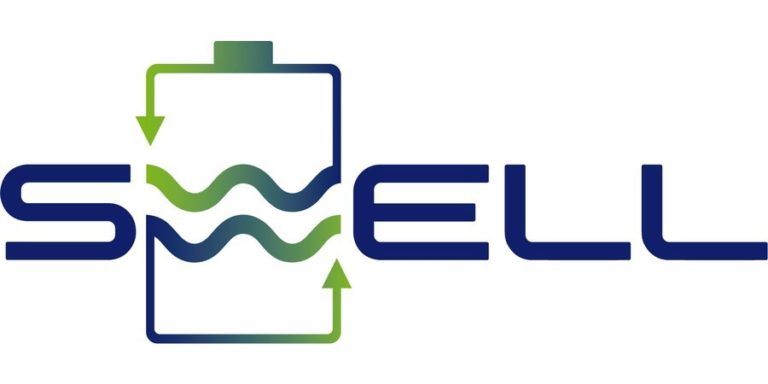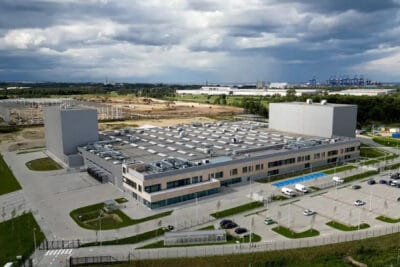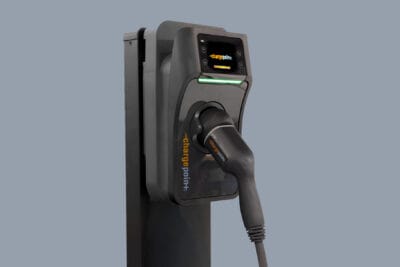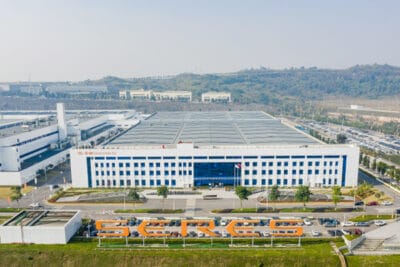German recycling project looks at battery electrolytes
In Germany, battery industry players and university researchers are partnering on a joint project to improve the ecological footprint of lithium-ion batteries. The project, called SWELL, is led by battery electrolyte company Elyte Innovations, and joined by a team at the Technical University Dresden and the automotive lubricants company, Fuchs Smierstoffe.
The SWELL joint project is dedicated to recovering non-metallic components from lithium-ion batteries, such as lithium salts, solvents and electrolyte additives. The project name SWELL stands for: “Material Recycling of Electrolyte Conducting Salts and Solvents”. The project partners point out that this is a different focus and approach from most research projects aiming to improve the recycling of battery metals. The project is funded by the German government.
“The electrolytes are largely lost in previous processes in the form of thermal recycling or downcycling,” explains team member Dr Kai Schwedtmann from the Chair of Inorganic Molecular Chemistry at Technische Universität Dresden. “However, the electrolyte components have significant material value and contain critical, environmentally relevant resources, such as lithium, fluorine and phosphorus. Their recovery and efficient reprocessing with the aim of direct reuse in LIBs (Lithium Ion Batteries) is therefore of great interest and can lead to a significant increase in the sustainability of battery cell production.”
To increase material recovery rates during recycling, the project team is working on efficient separation methods of liquid and solid electrolyte components. By developing and evaluating such a process, the consortium aims to increase the recovery of critical raw materials, which can then be reintroduced to battery materials cycles without the need for mining.
The project manager from the Technical University of Dresden, Professor Jan Weigand, confirms: “By developing and evaluating such a method, we aim to improve access to battery materials in Europe and reduce the environmental footprint of LIBs. We can achieve these goals by providing secondary components from cost-efficient processes in the future, thereby reducing dependencies along the battery value chain on non-European suppliers.”





0 Comments